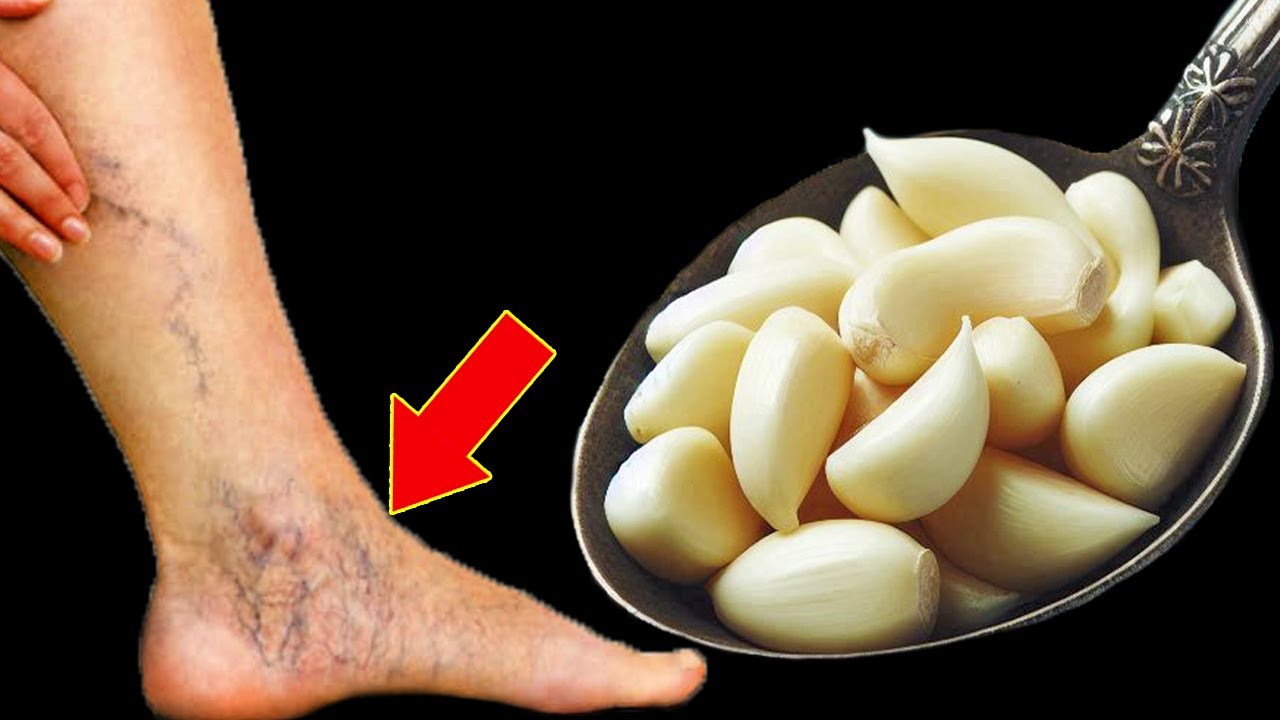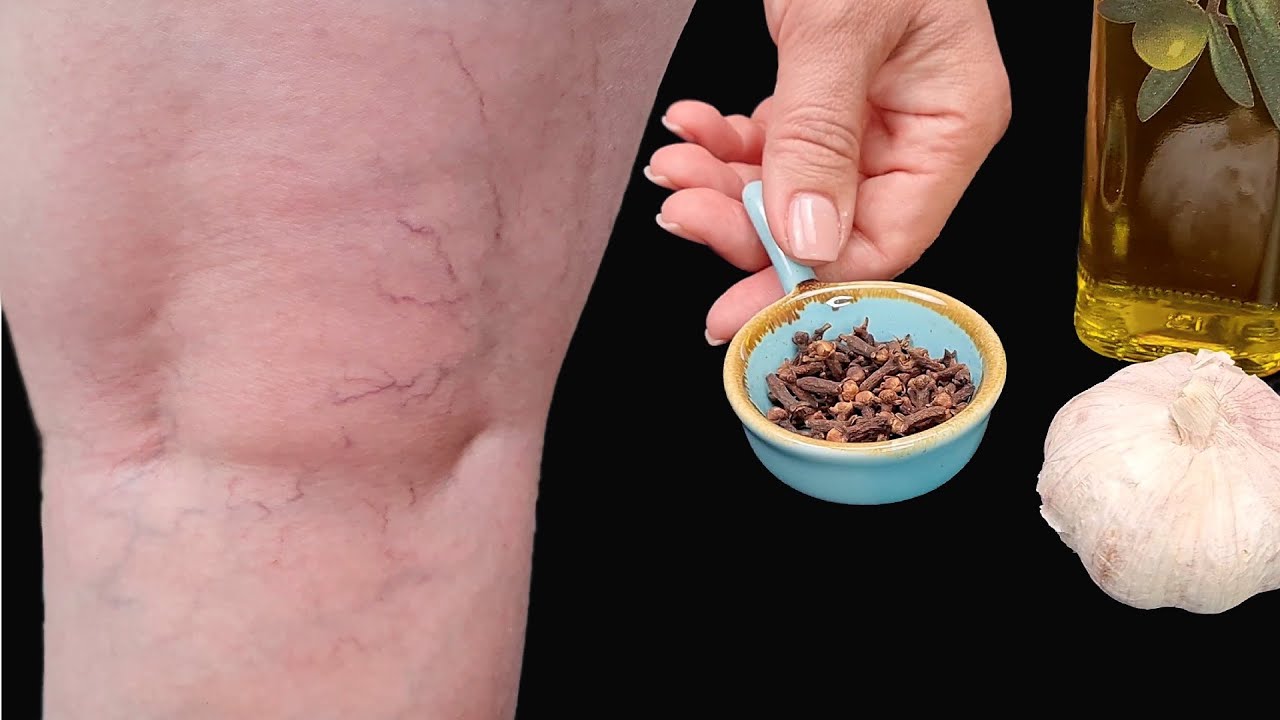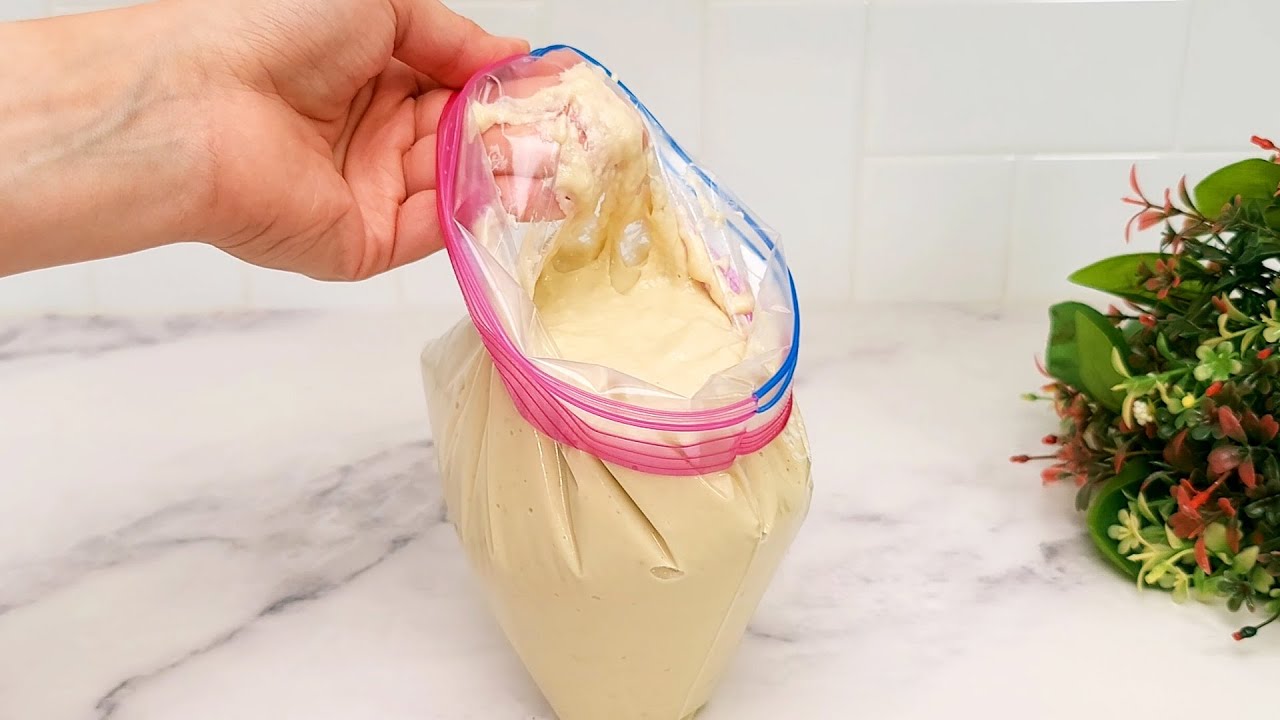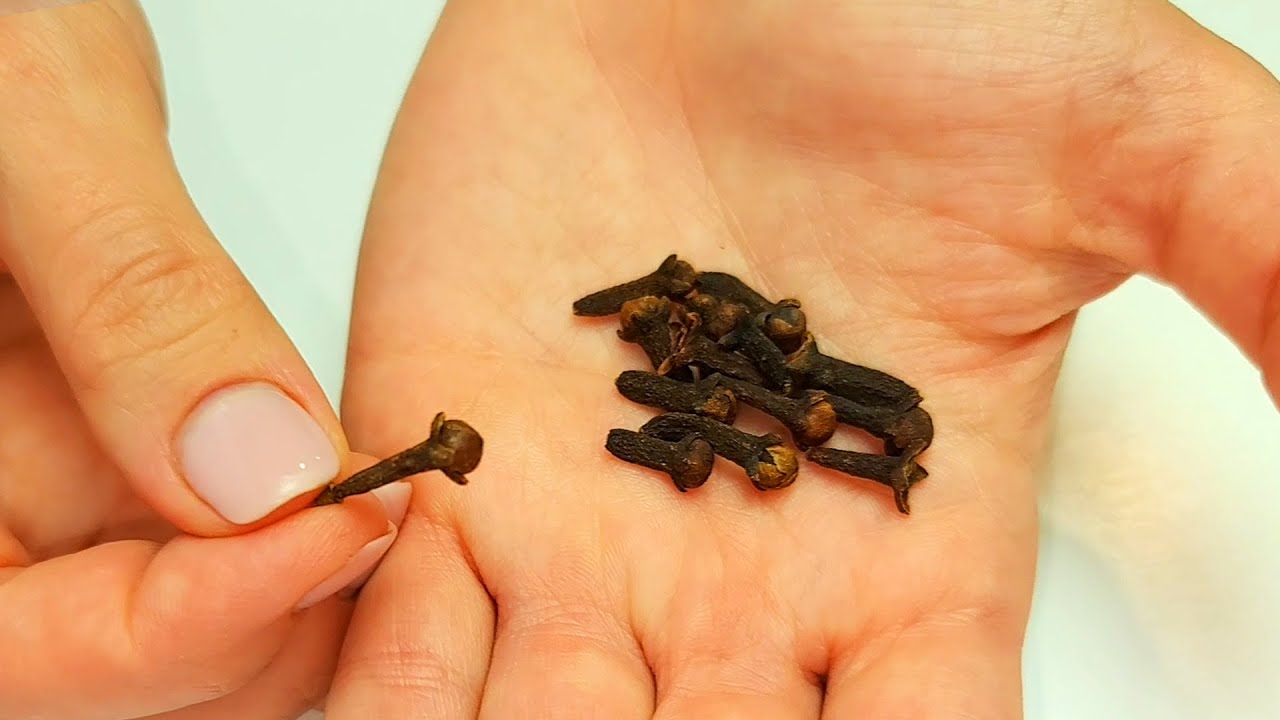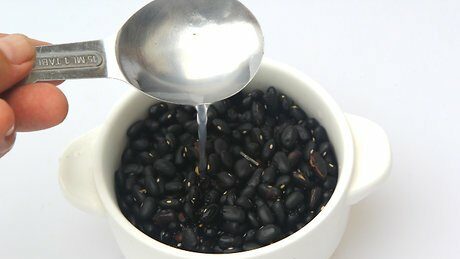
Soaking black beans in vinegar can be a clever kitchen hack to improve their texture and reduce cooking time. The acidic environment created by the vinegar can help break down some of the complex sugars in the beans, which often cause gas and indigestion. Here’s how to properly soak black beans in vinegar, ensuring they are perfectly prepped for cooking:
Benefits of Soaking Black Beans in Vinegar
-
Enhanced Digestibility: The vinegar helps break down indigestible sugars, reducing the likelihood of gas and bloating.
-
Improved Texture: Soaking beans can lead to a smoother, more consistent texture upon cooking.
-
Reduced Cooking Time: Pre-soaked beans generally cook faster, saving you time in the kitchen.
Ingredients and Tools
-
Black beans
-
Water
-
White vinegar or apple cider vinegar
-
A large bowl
-
A strainer
Instructions
-
Measure the Beans:
-
Measure out the amount of black beans you want to cook. Keep in mind that beans will approximately double in size after soaking and cooking.
-
-
Rinsing:
-
Rinse the black beans under cold running water to remove any dirt or debris.
-
-
Preparing the Soaking Solution:
-
For every cup of beans, use three to four cups of water. The beans need plenty of water to ensure they are completely submerged.
-
Add one tablespoon of vinegar per cup of beans to the water. You can use either white vinegar or apple cider vinegar depending on your preference or availability.
-
-
Soaking:
-
Place the black beans in a large bowl and pour the water and vinegar mixture over them. Make sure all the beans are submerged.
-
Allow the beans to soak for at least 4 hours, or overnight. Soaking them overnight is typically recommended as it allows for maximum hydration and the breaking down of sugars.
-
-
Draining and Rinsing:
-
After soaking, drain the beans using a strainer and rinse them thoroughly under cold running water. This step is crucial to remove any acids and sugars released into the water during soaking, which can affect the flavor and digestibility.
-
-
Cooking:
-
Proceed with cooking the beans as per your recipe. Remember, soaked beans generally cook more quickly, so adjust your cooking time accordingly.
-
Tips for Best Results
-
Temperature: Soak beans at room temperature. Soaking in warmer temperatures can cause fermentation, especially if soaking for more than a few hours.
-
Fresh Water for Cooking: Always use fresh water for cooking the beans, not the soaking liquid.
-
Storage: If you’re not ready to cook the beans immediately after soaking, you can refrigerate them in clean water for a day or two.
By following these steps, you’ll ensure that your black beans are perfectly prepped for any recipe, making them easier to digest and quicker to cook. Plus, the subtle use of vinegar can help enhance the overall flavor of the beans, making your dishes even more delicious.

